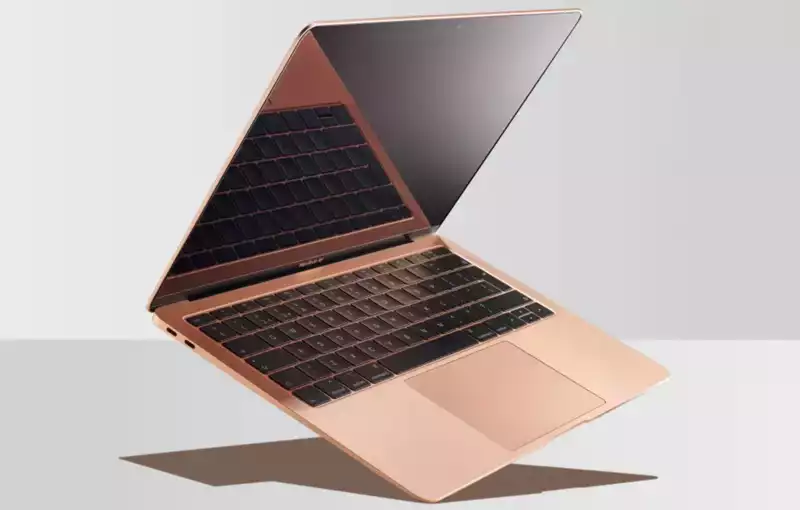Just days away from Apple's November event and the big reveal of the first Apple Silicon MacBook Pro, a new benchmark leak suggests some very impressive performance.
The new Geekbench 5 leak, discovered by AppleInsider, reportedly shows off the performance of the A14X, a boosted version of the A14 Bionic found in the iPhone 12 and iPad Air 4. This is believed to be the chip that will be used in the first ARM-based MacBook.
In Geekbench 5, the A14X recorded a single-core score of 1,634 and 7,220 in multi-core tests. In contrast, the iPhone 12 Pro scored 1,595 and 3,880 in the Geekbench 5 test, respectively. The latest 13-inch MacBook Pro's multi-core test also scored 4,399 for the Intel 10th generation Core i7 processor.
These benchmarks should be taken with a grain of salt, but if accurate, they show how the A14X can be a multi-core powerhouse. And this chip may even surpass the multicore capabilities of Intel's best laptop processors. [Laptop Mag benchmarked the latest Dell XPS 13 with Intel's 11th generation Core i7 processor, which scored 5,254 on Geekbench 5. This is well behind the A14X's leaked score. [This is good news for Apple Silicon MacBooks and the possibility of a new 13-inch MacBook Pro. Combined with the optimizations Apple will add to macOS to run on the ARM RISC architecture that underpins most of Apple's A-series chips and smartphone chips, the A14X could be a very powerful MacBook.
There are software compatibility issues for Apple to overcome; MacOS applications tend to be configured to run on x86 architectures supporting AMD and Intel processors. Therefore, in order for popular macOS applications to run on the Apple Silicon MacBook, Apple would need to provide a means for developers to reconfigure their software for RISC.
Apple's walled garden approach to software arguably gives it more scope than Microsoft to make the transition from x86 to RISC go more smoothly. And with tight hardware controls in place, the Apple Silicon MacBook could be a winner for ARM-based Windows 10 laptops.
More will no doubt be said about the Apple Silicon MacBook at Apple's "One More Thing" event on November 10. And we are quietly optimistic that the ARM-based MacBook and other Mac machines may herald a fascinating future for the computing world.










Comments